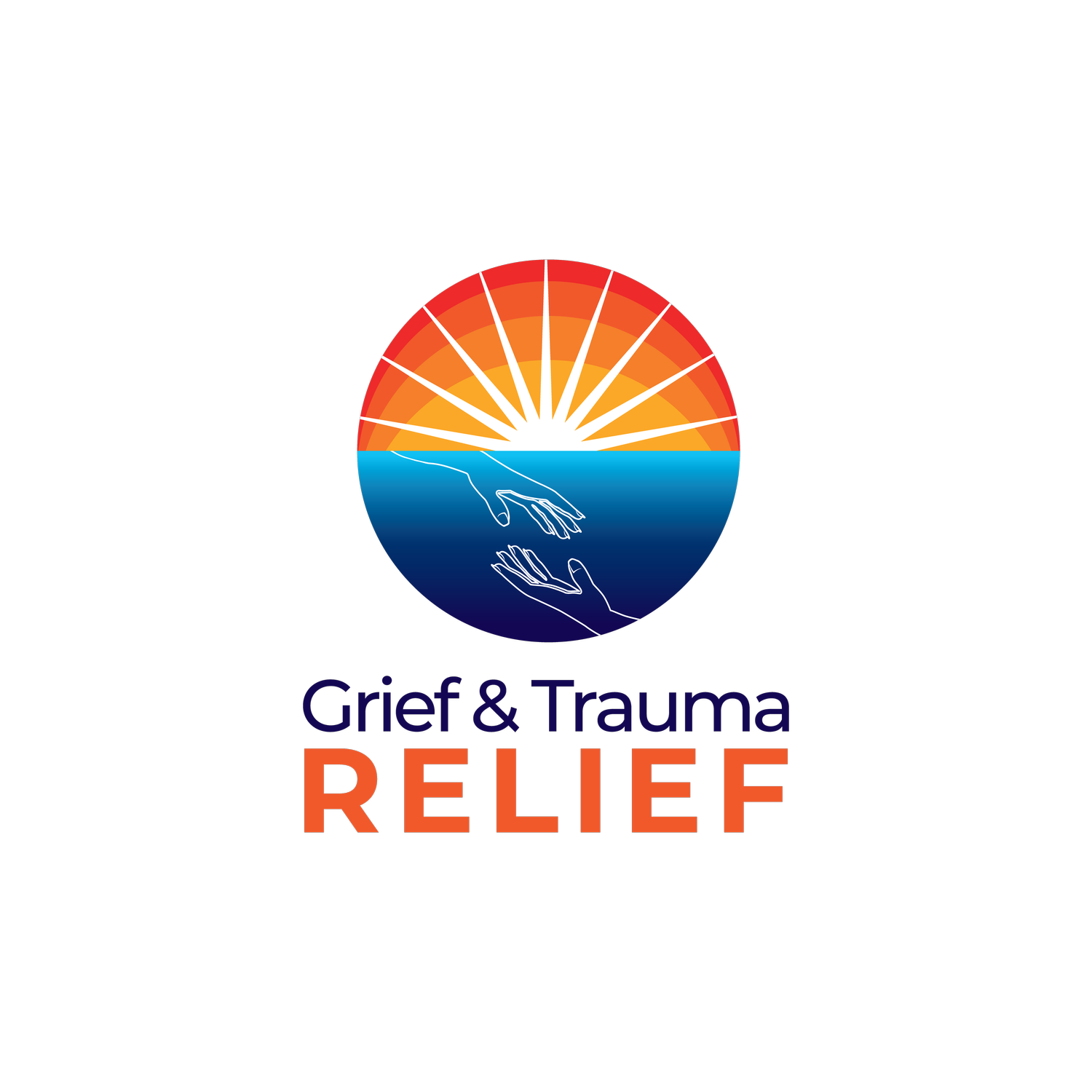Releasing the Hold Shame Has on Your Life - Part 1
In week one of this four-week series, I’ll explain how shame can hold us back. I also share how putting yourself first can create a happier life, through the art of self-care.
Thank you for joining me for this life changing blog series. I’m Janine Naus and I am a Grief and Trauma Relief Spiritual Life Coach supporting women in grief due to trauma so that they can stop suffering and be able to more easily navigate their healing process. In this series, we will be exploring shame and its effect on our lives. As a trauma survivor myself, feeling shame has played a huge role throughout my life. Unfortunately, shame is something we don’t often talk about which is one of the main reasons it festers and grows. That is why it is my mission and my passion to help others stop suffering and give you the tools and support to begin to move towards living a life of joy and peace.
Throughout this series, we’ll talk about what shame is, how it impacts our world and how we can use it to transform our lives. So let’s get started:
How Does Shame Impact Self-Care?
For survivors of trauma, shame is an all too familiar feeling. To move to a place where we can perform self-care, we must move away from shame and towards self-love. Regularly performed self-care is done by those that feel worthy and valuable. Therefore, self-care and self-worth is intricately connected.
What is Self-Care?
Self-care is exactly what it sounds like - taking care of yourself. This can and does mean different things to different people. I break down self-care into 2 categories, primary and secondary. Within primary would be basic hygiene and life maintenance. For example:
Bathing,
Washing your hair,
Brushing your teeth,
Getting restorative sleep,
Nourishing your body,
Incorporating fitness into your life,
Attending regular doctor visits, and
Keeping your home and belongings clean and in good repair, etc.
The secondary category would include things like: self-soothing rituals such as journaling or meditating, creating time for rest and reflection, taking time off for vacation, as well as other self-care activities like massages, manicures, reiki, etc. For so many survivors, self-care falls by the wayside because of how well you care for yourself is largely determined by your health and mental wellbeing. When stuck in the cycle of shame, our health and wellbeing suffer dramatically. Conversely, when you’re ready to stop suffering and start living a life of fulfillment, clarity, ease, gratitude and joy, you are inherently committing to self-care. If we are filled with shame, we don’t feel like taking care of ourselves, so how do we move out of this cycle?
How To Put Yourself First
“Put the oxygen mask on yourself first – then you can help others.” This is part of every flight attendant’s briefing for passengers before every flight and is such a great metaphor for self-care! As women it is our nature to take care of others, to be selfless, to give. Which means when it’s time to look out for ourselves, we all too often forget. In fact, it is absolutely necessary to learn to care for yourself when healing from trauma. We are all our own healers and until we take self-care seriously, we’re unable to take care of others.
The first step is in understanding that performing self-care will help us move through shame. It is essential to perform self-care, even if you don’t feel like it or don’t feel that you deserve it or it makes you feel ‘selfish’ when it comes to self-care. Remember that giving yourself time for self-care isn’t selfish - it’s an act of self-love. You are the only person that can be responsible for taking care of yourself.
When you are in your flow, you’re in your ‘now’ moment, which is your authentic self. This happens when you put yourself first, activating energies of self-love, self-appreciation and honoring yourself.
Know that is possible to move through and overcome your feelings of shame. There are 4 steps that will help you to move through shame and build your resilience:
Practice self-care
Understand what triggers feelings of shame for you
Develop positive strategies for processing and coping with triggers
Don’t allow shame to flourish by keeping secrets - share your story with a trusted person in a safe environment
The last point really resonates with me. Shame grows with secrets, silence and judgement. And the antidote is empathy. One strategy you can use to increase empathy is to treat yourself like you’d treat someone you love. Be conscious of how you treat yourself and make the positive switch in your everyday life.
What Happens Next?
Well, in the next blog in this series about shame, we’ll look at how shame can make us feel like we’re not good enough in life. See you there (click here to read the next blog in this series)!
Shame is just one of the topics covered in my Stop Suffering Now group program. If you’re ready to stop suffering now and start feeling relief, I invite you to a complimentary 30-minute call to see if Stop Suffering Now is the right next step for you. Click Here to Schedule Your Free 30-Minute Healing Discovery Call.
© 2019 Janine Naus
